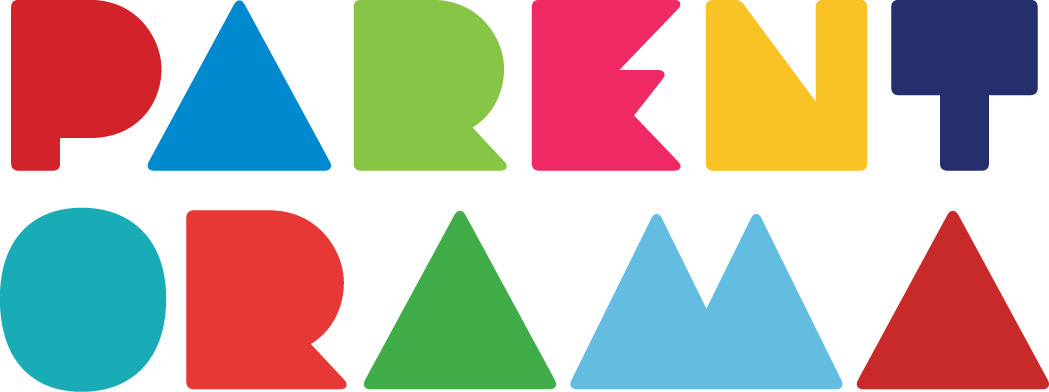The Benefits of Breastfeeding and Nutrition During Breastfeeding
The American Academy of Pediatrics recommends that mothers breastfeed their children during the first 6 months of life, and ideally, try not to give them any other complementary foods.
Additionally, it suggests continuing breastfeeding for the following 6 months, alongside the gradual introduction of solid foods and other nutrients.
Timeless Vaccination
Breastfeeding acts as a timeless vaccination. It is a unique way to provide ideal nourishment to an infant, ensuring not only biological but also emotional health.
Breast milk:
- Contains no bacteria
- Is ready to be administered at any time
- Is at the right temperature
- Contains antibodies that protect against infections
The proteins, fats, carbohydrates, vitamins, and salts it contains are in proportions that match the baby’s growth and development.
According to the Baby’s Needs
Breast milk changes according to the baby’s needs: it is different on the first day, the fifteenth, the sixth month; different in the morning, in the evening, and for premature infants.
Breastfeeding protects the baby from respiratory, digestive, and urinary infections. It also protects against ear infections and infections in general, while promoting better neurological development.
This characteristic results in a reduction in the incidence of sudden infant death.
Later Life
In later life, breastfeeding protects against allergies, obesity, type II diabetes, and cardiovascular diseases.
It also reduces the risk of heart disease in adulthood and the occurrence of cancer in childhood. It develops taste-smell, perception, and verbal ability while strengthening the mother-child bond. This results in less abandonment, neglect, and abuse. Breastfed babies have better jaw formation, are calmer, and have better emotional development.
For mothers, breastfeeding offers protection from a subsequent pregnancy because it inhibits the reproductive process, providing partial contraceptive protection. It also protects iron stores due to the absence of menstruation.
Therefore, the mother has a better hematological profile while breastfeeding, as she has no menstrual period. Additionally, there is a faster return of the body to its pre-pregnancy state and easier weight loss from pregnancy.
It has been observed that women who breastfeed more easily lose the weight gained during pregnancy (about 2 kg per month) since the milk they give the baby contains about 700 calories daily.
Breastfeeding also helps reduce the risk of breast and ovarian cancer before and after menopause (if the newborn is exclusively breastfed for several months). In general, the likelihood of developing ovarian cancer is reduced in women who have breastfed.
Additionally, breastfeeding helps the uterus return to its original state, through contractions that occur during breastfeeding, and reduces the risk of postpartum hemorrhages.
Furthermore, the likelihood of developing osteoporosis is reduced. It has been observed that in women who have breastfed, the risk of hip fracture is reduced by 50% later in life.
A Pleasant Experience
Most importantly, breastfeeding is a pleasant experience for the mother, as it strengthens the emotional bond with her baby.
Babies who were breastfed feel emotionally more secure in adulthood compared to those who consumed manufactured milk. Finally, the mother feels a sense of fulfillment, which psychologically encourages her. The hormones released during breastfeeding help her relax and calm down.
Breastfeeding imposes a heavy nutritional cost on the mother. Her energy requirements for calcium, minerals, and vitamins increase significantly. However, a significant part of the increased energy needs can be met from maternal fat stores. These are created during pregnancy, simultaneously helping in restoring normal body weight. Therefore, a breastfeeding mother should:
Increase Caloric Intake
A breastfeeding mother needs to take an additional 500 calories daily throughout breastfeeding, as she loses about 425–700 calories per day through breastfeeding.
These calories should be consumed by eating nutritious and healthy foods. Some of the calories required for milk production are provided by the fat stored in her body.
Drink Two Liters of Water Daily
This way, enough milk is produced for the baby, without the mother becoming dehydrated.
Consume Foods Rich in Iron and Calcium
Iron stores may have been depleted during pregnancy.
Fruits and vegetables rich in iron include spinach, parsley, beets, prunes, dried figs, and kiwi.
Consume Whole Grains, Cereals, Fresh Fruits, and Vegetables
Also, foods rich in protein, calcium, and iron. It’s good to choose nutritious snacks like yogurt, low-fat milk, natural fruit juice, whole-grain sandwiches with vegetables, canned salmon, tuna, cheese, baked potatoes, and fruits.
Avoid Coffee
Caffeine is a diuretic. This results in the loss of valuable fluids, while caffeine may also pass to the baby through milk.
Although caffeine is excreted from the bloodstream within 3–5 hours, it can remain in the baby’s blood for up to 36 hours. During breastfeeding, a small amount of coffee is allowed (instant coffee should be avoided as it is toxic).
Some babies do not react when their mother drinks a small coffee daily, while other babies may show nervousness or insomnia.
Avoid Alcoholic Beverages
Alcohol should be limited and can be replaced with one glass of wine or, preferably, one glass of beer, 3–4 times a week.
Limit Certain Foods That May Cause Discomfort
Some foods through milk may upset the baby’s stomach and cause colic.
Such foods include pears, broccoli, cabbage, onions, Brussels sprouts, peaches, cauliflower, and garlic, as well as fried foods, legumes, spices, heavy sauces, and foods with strong odors.
Pay Attention to Medication
If the mother needs to take medication while breastfeeding, she should inform her doctor.
Many drugs pass into breast milk, even if they are in quantities considered safe for the newborn (about 1-2% of the dose taken). However, allergic reactions may appear later.
Avoid Smoking
Finally, cigarettes contain about 4,000 harmful substances. They alter the taste of the milk produced, so the baby may refuse to breastfeed. Naturally, the mother should also prohibit others from smoking in the house to prevent the baby from becoming a passive smoker.



